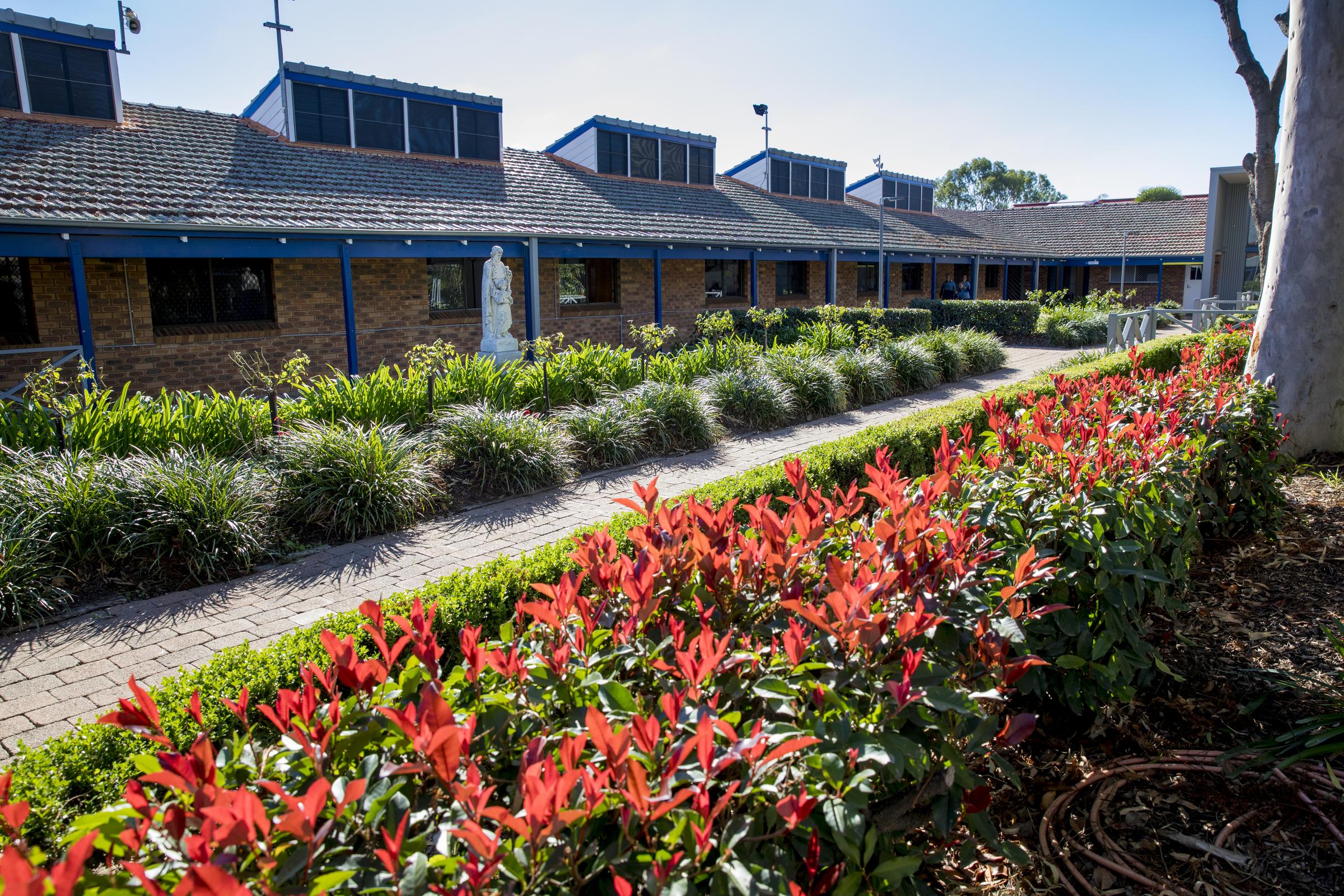From the Principal

ACSP Conference
This week, I attended the Association of Catholic School Principals 2025 Conference at Pokolbin. This is a biennial conference, and the Maitland-Newcastle Diocese were the host this year. The theme this year, ironically, was Living Waters. The guest speakers ranged from Dr Yong Zhao who spoke on Educational Transformation in the Age of AI, Derek Wenmoth who covered Leading in a Time of Change: Fostering Hope Through Systems Thinking and Future-Focused Education, Professor Lea Waters entertained us with micro-moments and replenishing staff wellbeing without depleting leader energy, Austen Ivereigh looked at The Pope as Storm-Pilot: Horizons of Hope in a Time or Turbulence and Daniela Falecki who spoke on Leading with Hope: Empowering Staff Wellbeing in Schools.
A few very thought-provoking days, which I will unpack with our school leaders, but a consistent message of hope in education. We are constantly looking at how we can improve and educate the students in our care to the best of our ability and help them reach their potential. Still, we also need to ensure that we have hope in their future, that we produce students who are creative and inquisitive, who can take us into the future.
A prayer for Hope in Education
Loving God,
We thank You for the gift of learning,
For the curiosity that drives us,
And the wisdom that unfolds day by day.
In times of challenge, when lessons feel hard
Or the future feels uncertain,
Remind us that You are the source of our hope,
Steadfast, faithful and ever-present.
Bless our students with resilience,
Our teachers with vision,
And our school with a spirit of encouragement and grace.
May every classroom be a place where potential is nurtured,
Dignity is honoured and dreams are born.
Inspire us to see education not only as the path to knowledge,
But as a journey of transformation for minds, hearts and communities.
With hope as our anchor,
May we work together to build a future of justice, compassion and light.
Amen.
Understanding ADHD
Last week’s pupil-free day was part one of the Understanding Attention Deficit Hyperactivity Disorder course, which the Catholic Schools Learning and Wellbeing Team facilitated. In a few weeks, the second instalment of this course will be completed as a Twilight PD after school. In the interim, staff are required to implement the strategies they have learned in the classroom and record their impact. The course will assist staff in recognising and responding to the diverse needs of the students diagnosed with ADHD and adapting teaching methods to help students stay focused, organised and involved in learning. The result should lead to a calmer and more respectful classroom climate where all students benefit.
Quality Assessment – Pupil Free Day Friday 6 June
We have two staff members, Mr Aaron Dent and Mrs Sarah Paine, attending the University of Newcastle Quality Assessment Professional Development next week. They will return to share their learning with the staff in Week 6, as part of our staff meeting as an introduction and then as a pupil-free day on Friday 6 June (backing onto the King’s Birthday Long Weekend), where staff will have time to implement their learning and evaluate their Assessment Tasks, particularly focusing on the new syllabus requirements.
High-quality assessments encourage students to think critically, apply knowledge, and solve problems. They should also be designed to accommodate different learning styles, abilities, and interests, allowing students to demonstrate their strengths.
A well-crafted task informs teaching practice with reliable data, but should also ensure that we reduce the likelihood of plagiarism with unique and creative responses. We need to learn to embrace the use of AI in schools, but we also need to develop tasks that support trust and fairness in the classroom.
This day will be the start of a long journey that we will continue to work on this year and as all the new syllabus are released by NESA in the next few years.
Veronica Rolfe
Principal
